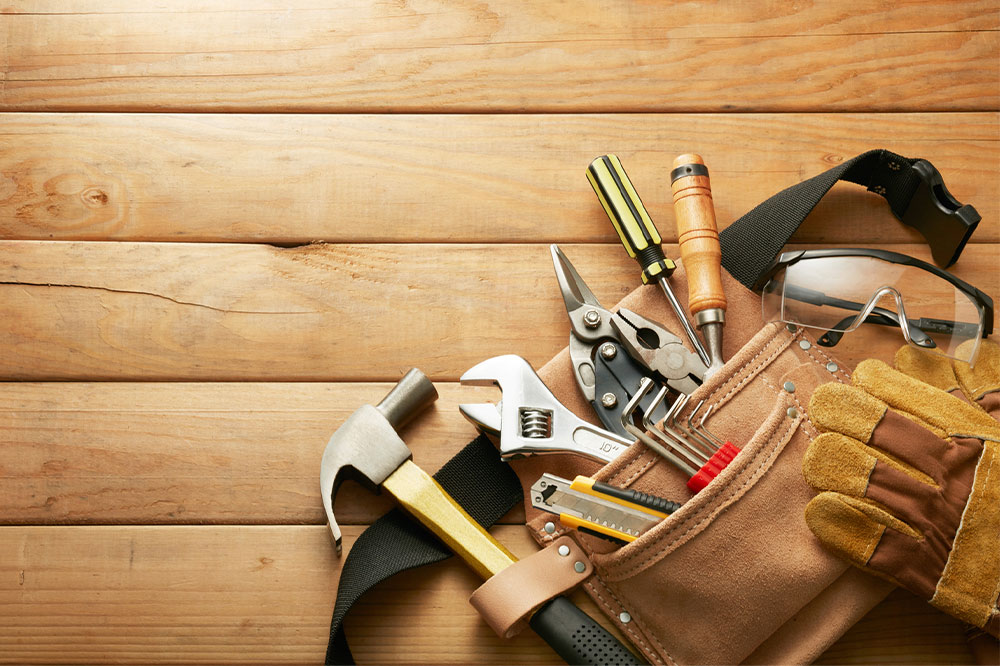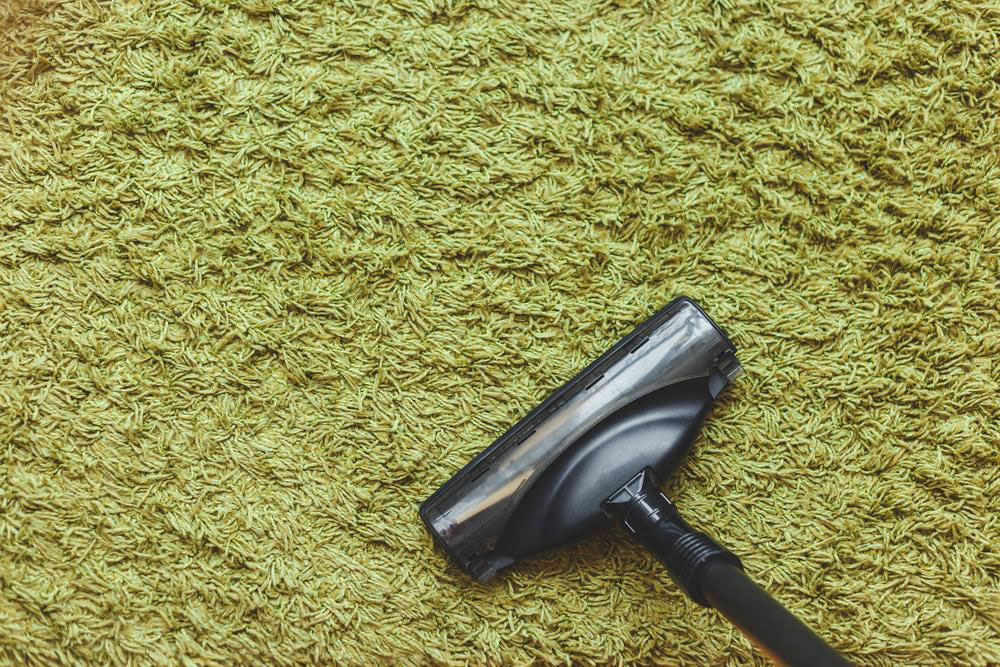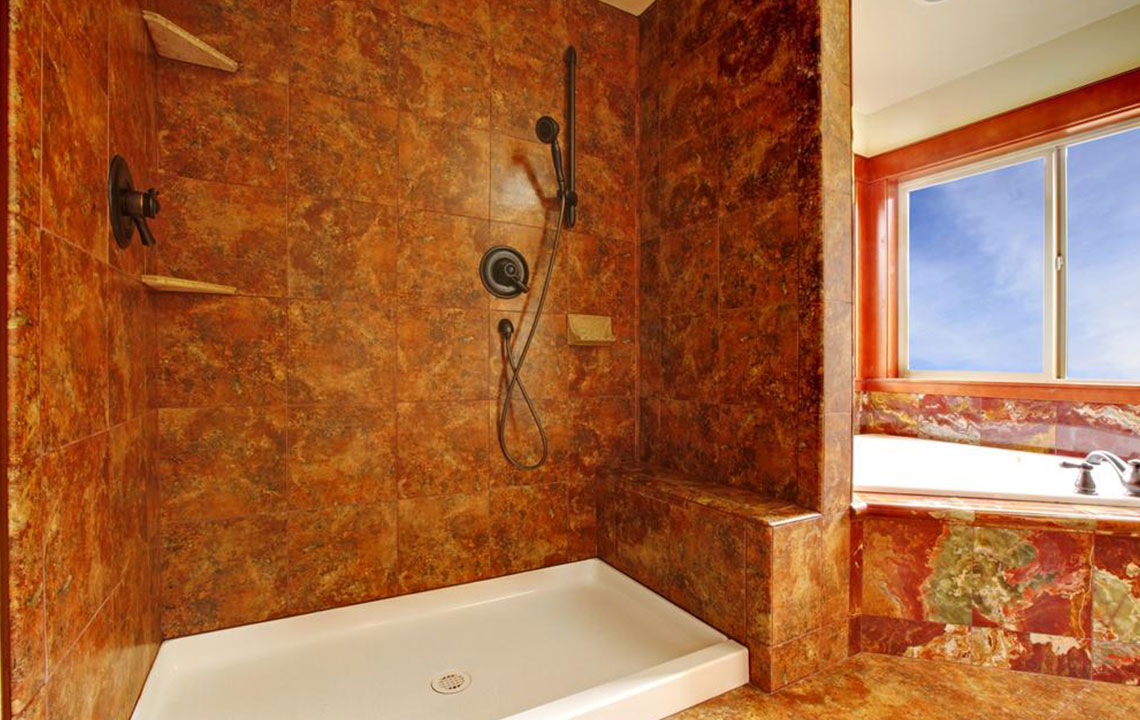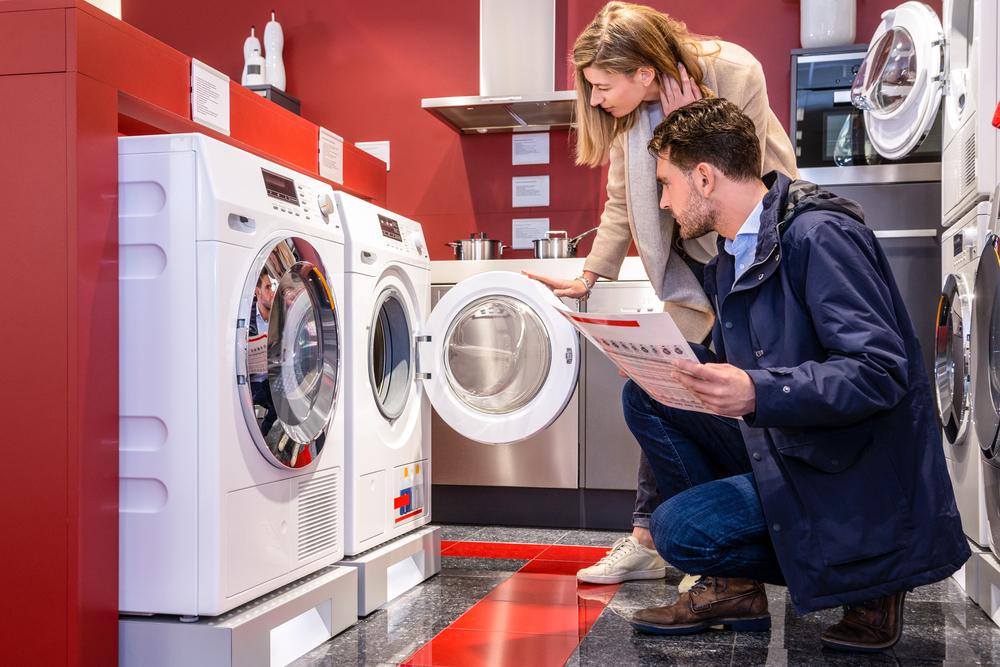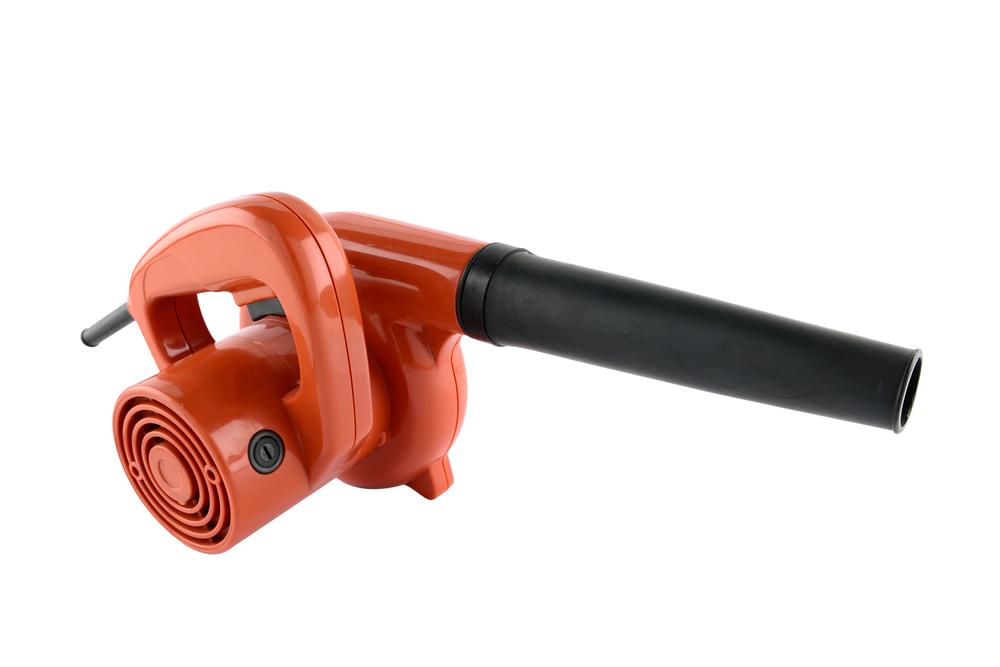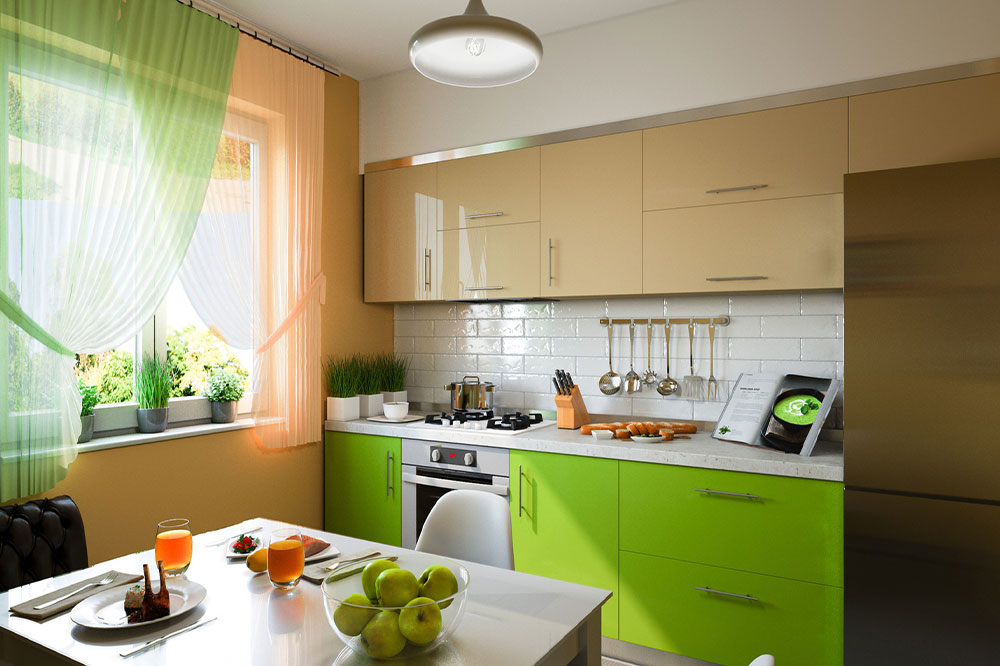Essential Home Organization Strategies for Beginners
Learn efficient home decluttering techniques suitable for beginners. This guide covers prioritizing spaces, setting realistic goals, categorizing items, tracking progress, and maintaining organized habits. Decluttering enhances home safety, productivity, and sustainability while reducing stress. Simple steps like breaking tasks into manageable parts and involving family can make the process enjoyable. Start small, stay consistent, and enjoy the benefits of a clutter-free home environment. Ideal for those seeking a practical approach to managing home clutter effectively.

Top Home Organization Tips for Newcomers
Accumulated clutter can become a hotspot for dust, bacteria, and pests. Moist environments, especially in kitchens or outdoor spaces, can foster mold and mildew growth, increasing health risks like Salmonella or E. coli infections. Additionally, decluttering can boost your efficiency, reduce stress, cut waste, and promote eco-friendly habits.
Effective decluttering tips include:
Identify priority areas or small spaces first
Start by tackling the messiest spot or a small, manageable area like a cabinet or drawer. Make a list of areas ranked by urgency or size, beginning with those needing immediate attention. Choosing smaller spaces initially allows quick progress and easier motivation, helping you develop effective decluttering routines.
Set achievable goals
Remember, decluttering is about organizing, not perfection. Allocate realistic deadlines—start with 15-minute daily sessions and gradually increase. Break your tasks into daily or weekly targets to avoid burnout and manage emotional attachment to items.
Sort items into categories
Use broad categories like keep, recycle, and donate. Reflect on each item's sentimental and practical value. Sorting in this manner simplifies decision-making and accelerates your decluttering process across different rooms.
Track your progress daily
Maintain a simple log of daily achievements to stay motivated. Take before-and-after photos to visualize your progress, share with friends, or inspire others to declutter.
Digitize paperwork
Reduce paper clutter by scanning important documents and shredding originals. Consider selling recyclable papers to waste paper recycling companies for some extra income.
Fix or discard broken items
While decluttering, repair items if possible. Avoid putting broken items back if they cannot be fixed to prevent unnecessary clutter accumulation.
Divide tasks into smaller steps
Plan your decluttering schedule by breaking large tasks into manageable daily goals. For example, over a week, dedicate each day to reorganizing specific areas such as the fridge, shelves, or laundry zone.
Adjust habits to maintain an organized space
Decluttering offers insights into your spending and lifestyle habits. Adopt more mindful shopping to prevent clutter buildup and develop routines that promote ongoing organization.
Enlist help for a fun experience
Invite family or friends to assist in decluttering. Making it a social activity can be motivating and strengthen relationships while tackling the task efficiently.
Note:
The content on this platform provides diverse, practical information across multiple topics. It aims to offer insights for personal improvement but shouldn't replace professional advice. The site disclaims responsibility for any discrepancies or errors within external data or offers you might find elsewhere.

